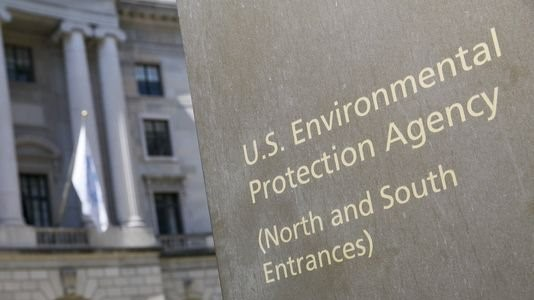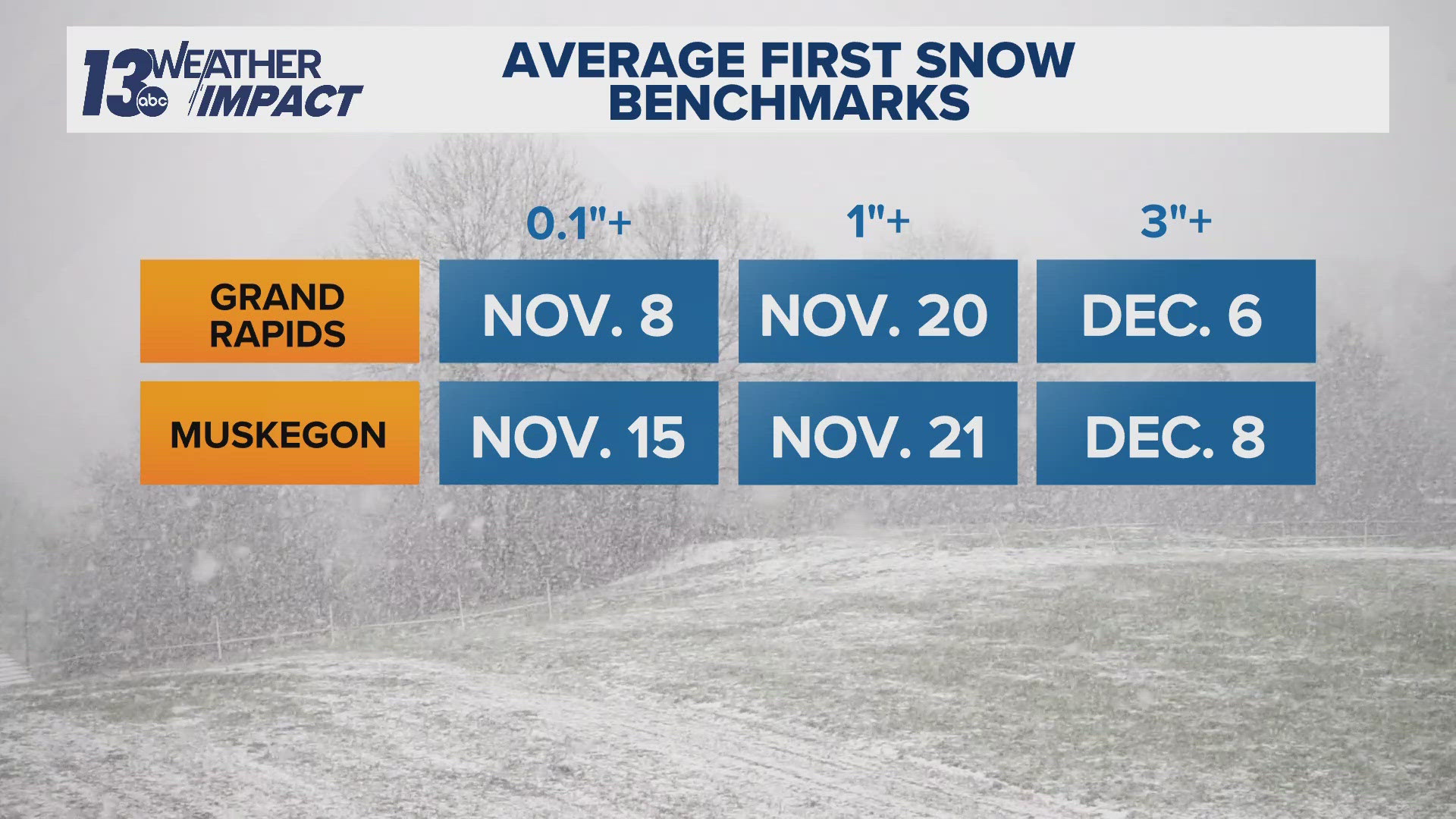A Michigan State University professor who served on an important scientific review board complained about his and other members’ dismissal by the U.S. Environmental Protection Agency, telling the Washington Post this weekend he has “great concern that objective science is being marginalized” by the Trump administration.
Robert Richardson, an ecological economist at Michigan State and member of the Board of Scientific Counselors which reviews research done by EPA scientists, sounded the alarm on Friday, telling his Twitter followers: “Today, I was Trumped. I have had the pleasure of serving on the (board) and my appointment was terminated today.”
Speaking to the Free Press today, Richardson said while it is clearly within the EPA's authority not to renew his three-year appointment or those of as many as eight other members of the board, it is unusual not to do so even after presidential transitions, since board members' tenures are capped at six years. He also said that suggestions by EPA officials that changing the makeup of the board could result in a more "inclusive" approach to government regulation is mistaken.
"(The board) has nothing to do with the regulatory side of the agency," Richardson said from Muskegon, where he was attending a conference, explaining that its job was to review how research was being conducted, not policy-making. "We do not approve regulation. I feel like this represents a fundamental misunderstanding as to what this board is all about."
Several media outlets, including the Washington Post and the New York Times, reported over the weekend and today on the decision not to retain Richardson and others on the 18-member Board of Scientific Counselors. It was not immediately clear from the news reports how many members were let go but Richardson said half had their terms end late last month and may have been let go.
An agency spokesman, J.P. Friere, told the Free Press today that the EPA was not firing anyone. But with the end of the members' terms, he said the agency wanted a complete vetting of all of those nominated to serve on the board before deciding who serves, rather than simply renewing the appointments of those already on the panel.
"Advisory panels like BOSC play a critical role reviewing the agency's work. EPA received hundreds of nominations to serve on the board and we want to ensure fair consideration of all the nominees -- including those nominated who may have previously served on the panel -- and carry out a competitive nomination process," he said.
Richardson, an associate professor at Michigan State whose expertise is the economic effects of environmental change and policies, said word that his term would not be renewed came as a surprise, especially after officials with the EPA's Office of Research and Development -- which the board advises -- told him and others in January that they would likely be staying on, even with a new president taking office. On the board, Richardson was chairman of the Sustainable and Healthy Communities subcommittee.
Richardson said his concerns about the Trump administration's commitment to objective science was based not on his being relieved of his position but on reports that funding for EPA research is being cut; Republican efforts to limit the work done by other scientific review boards; and statements by Trump and other administration and party officials that seem to deny the objective proof of climate change.
"In the greater scientific community, those questions don't remain any more," he said.
In commenting to other media outlets, Friere said the changes were intended to allow new EPA Administrator Scott Pruitt – who has been a long-standing critic of the agency – to bring in new advisers, and that he would consider replacing academics on the board with people from industry as long as the appointments did not lead to conflicts of interest.
He also told the New York Times that the EPA in making the changes wanted "to take as inclusive an approach to regulation as possible."
“We’re not going to rubber-stamp the last administration’s appointees,” Friere told the Washington Post. “Instead, they should participate in the same open, competitive process as the rest of the applicant pool. This approach is what was always intended for the Board and we’re making a clear break with the last administration’s approach.”
In recent years and months, EPA boards dominated by academic advisers have come under harsh criticism by conservative politicians and policymakers, especially those questioning whether climate change is the result of human activity. That has included the 47-member Scientific Advisory Board, which Republican members of Congress have said needs reworking to “provide meaningful and unbiased scientific advice” and increased transparency.
The Trump administration also has called for deep cuts at the EPA, reducing its overall budget by nearly a third, at the same time the administration has moved to reverse or slow some of the agency’s regulatory decisions.
In Michigan and across the Upper Midwest, those potential cuts have raised alarms – especially a proposal that calls for eliminated funding for Great Lakes restoration. Media reports, meanwhile, have suggested that scientific research and review also will be targeted for several reductions.
In March, President Donald Trump also signaled that his administration might relax tougher fuel-standards for automakers, despite an EPA decision before former President Barack Obama left office in January that the stricter standards would remain in place.
The Board of Scientific Counselors was established in 1996 with a mission of providing advice and recommendations on science and engineering practices and research done by the EPA’s labs and scientists.
Contact Todd Spangler: 703-854-8947 or at tspangler@freepress.com. Follow him on Twitter at @tsspangler


